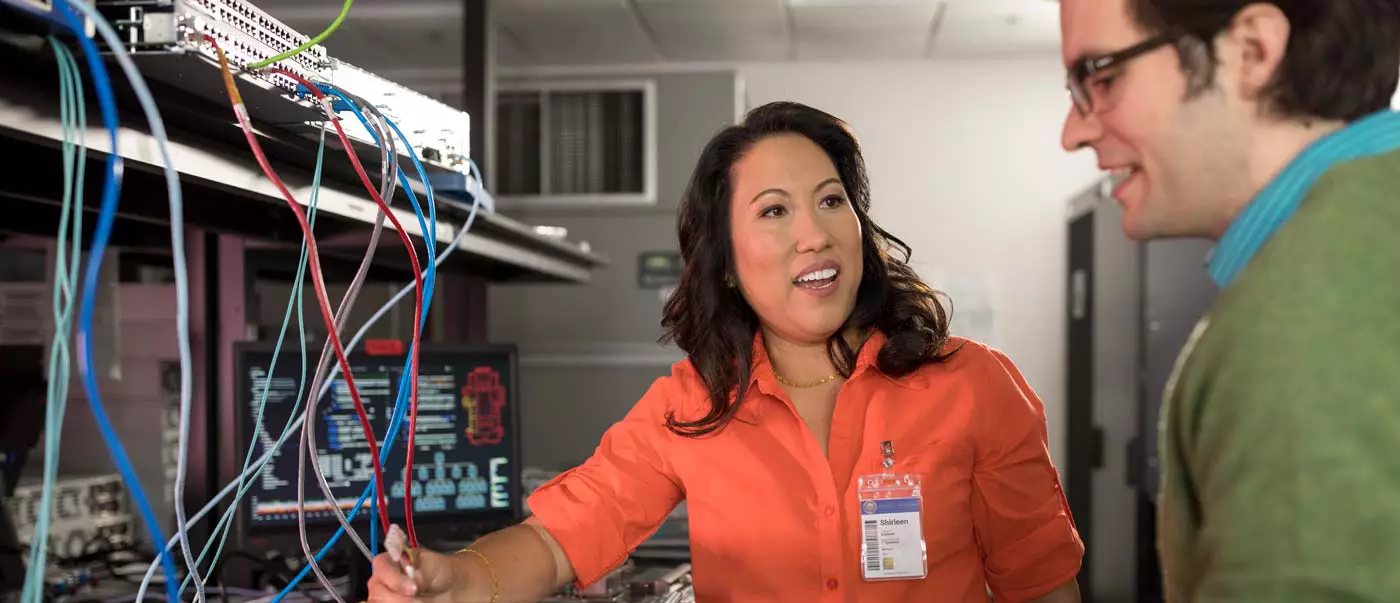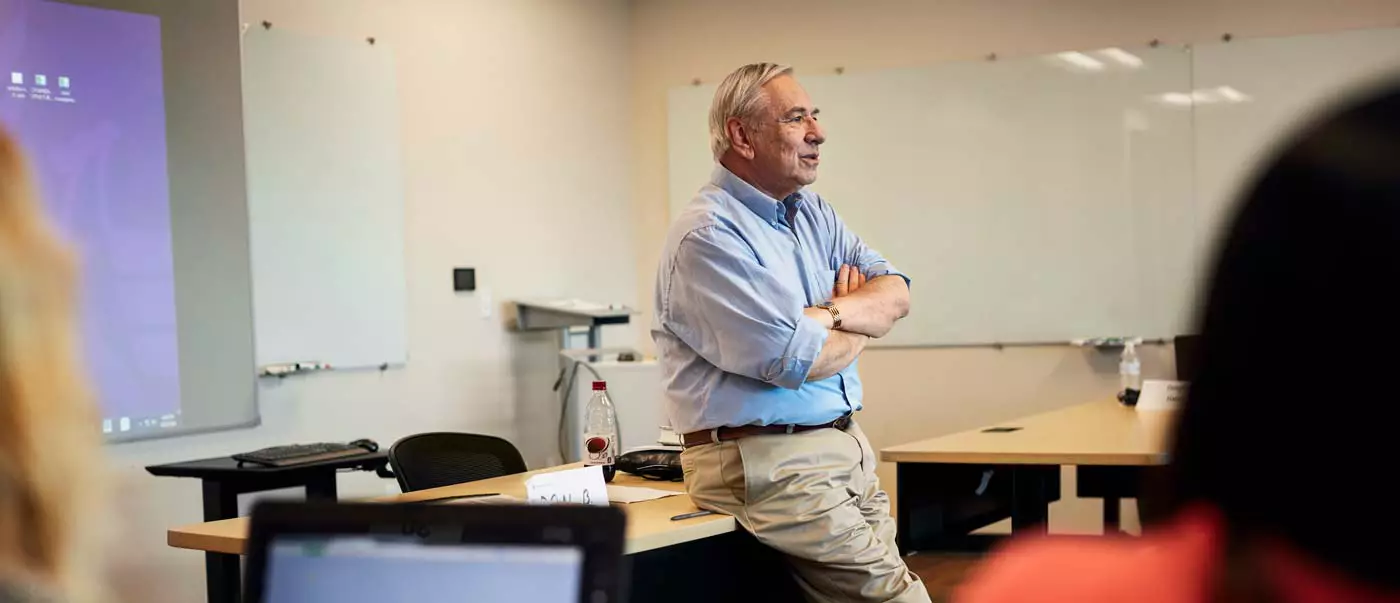Solving STEM Employers’ Dilemma through University-Industry Partnership

By Louise Underdahl
The Context
Possible mismatches between graduates’ competencies and employers’ needs have generated spirited global dialogue. Employers depict university graduates as not “work-ready” because academic training focuses on discipline-specific content and fails to strengthen competencies in communication, learning, and responding to uncertainty. Contributing factors may include lack of data management innovation, active learning pedagogy, engagement in workplace activities in discipline-specific courses and inadequate integration of career services with academic programs to stimulate graduates’ perceived employability potential. For Science, Technology, Engineering, and Mathematics (STEM) areas, debates are complicated by assertions that widespread shortages in the STEM workforce are misperceptions, misunderstandings, and misinterpretations of labor market dynamics. Critical thinkers advocate correct use of evidence-based data, complemented by the meticulous analysis requisite to enlightened decision-making.

The National Association of Colleges and Employers encourages stakeholder partnerships, suggesting industry/academia partnerships to promote students’ career readiness. While employers say educators are not meeting industry needs, educators say employers are insufficiently involved In successful initiatives, education providers and employers actively step into one another’s worlds. For example, employers might help to design curricula and offer their employees as faculty; education providers may have students spend half their time on a job site and secure them hiring guarantees.
Our Study at the Center for Educational and Instructional Technology Research
The purpose of our mixed method study was to identify STEM competencies, defined as discipline-specific and soft skills, through the lens of employers. The mixed method approach wss appropriate to capture relevant quantitative and qualitative data. Quantitative data provided information on how well college STEM curricula programs meet the job requirements in STEM industries. Qualitative data provided pertinent narratives. The survey was distributed to 8,772 STEM employers in the United States; 61 surveys were completed. Data suggest employers value the following career readiness competencies: Communication, critical thinking, teamwork, equity and inclusion, professionalism, technology, career and self-development, and leadership.
Using a systems thinking approach, we propose STEM college education should prepare students for the workplace by integrating practice opportunities through experiential coursework and targeted instruction in leadership, teamwork, and conflict management. Learning outcomes should align with the demands of the STEM labor market. Career advisors should inspire self-directed learning readiness in students and alumni to sustain employability in a dynamic and uncertain economic environment.
This study contributes to the existing literature by reporting STEM employer recommendations on employer-educator collaboration in curriculum, instructional design, course development, and university/industry partnerships to promote successful university-to-work transition and catalyze commitment to enhancing workplace readiness of STEM graduates. Our evidence-based results offer actionable strategies for institutional leaders, curriculum developers, and industry stakeholders.
Team Members: Dr. Myrene Magabo (co-leader), Dr. Louise Underdahl (co-leader), Dr. Nicole Gulley, Dr. Shawishi Haynes, Dr. Maureen Marzano, Dr. Debra McCoy, and Dr. Mar Navarro

Louise Underdahl, PhD, MPA, MSLS
ABOUT THE AUTHOR
Louise Underdahl, PhD, MPA, MSLS earned the BA (English Literature) at the University of California, Los Angeles (UCLA) followed by the MSLS, MPA, and PhD at the University of Southern California. She served UCLA from 1978 to 1992, UCLA Health Risk Management from 1992 to 2017, and University of Phoenix Online since 2004. She is Doctoral Instructor for the College of Doctoral Studies and active participant in University of Phoenix Research Hub activities, such as the annual Knowledge Without Boundaries Research Summit. Focusing on work attitudes, she is Research Fellow for the Center for Educational and Instructional Technology Research, reviewer for the Dissertation to Publication Workshop, volunteer research associate for the Global Institute of Experienced Entrepreneurship, recipient of University of Phoenix’s 2022 Faculty of the Year and 2023 Phoenix500 recognition, and leads collaborative research on promoting entrepreneurial success.